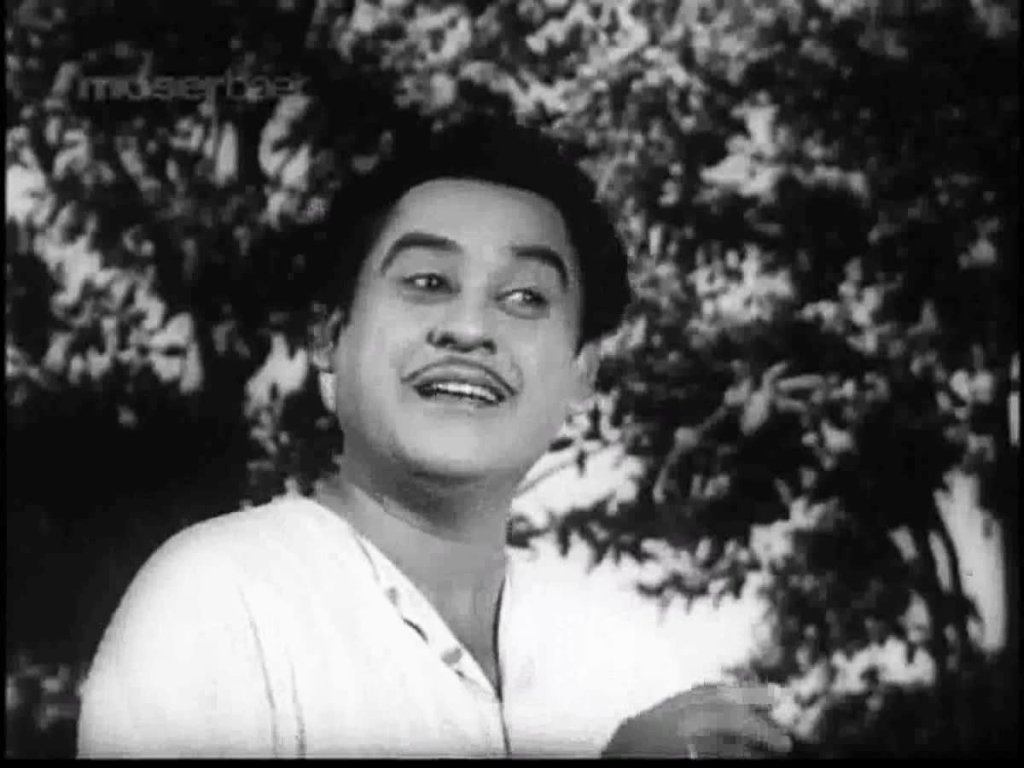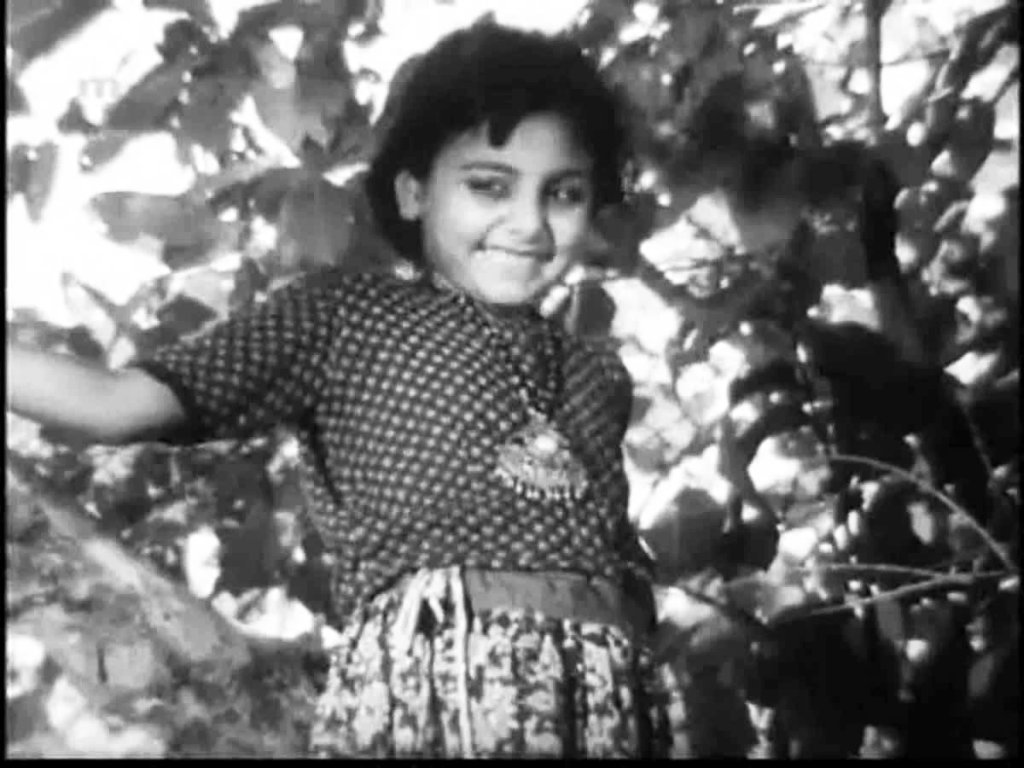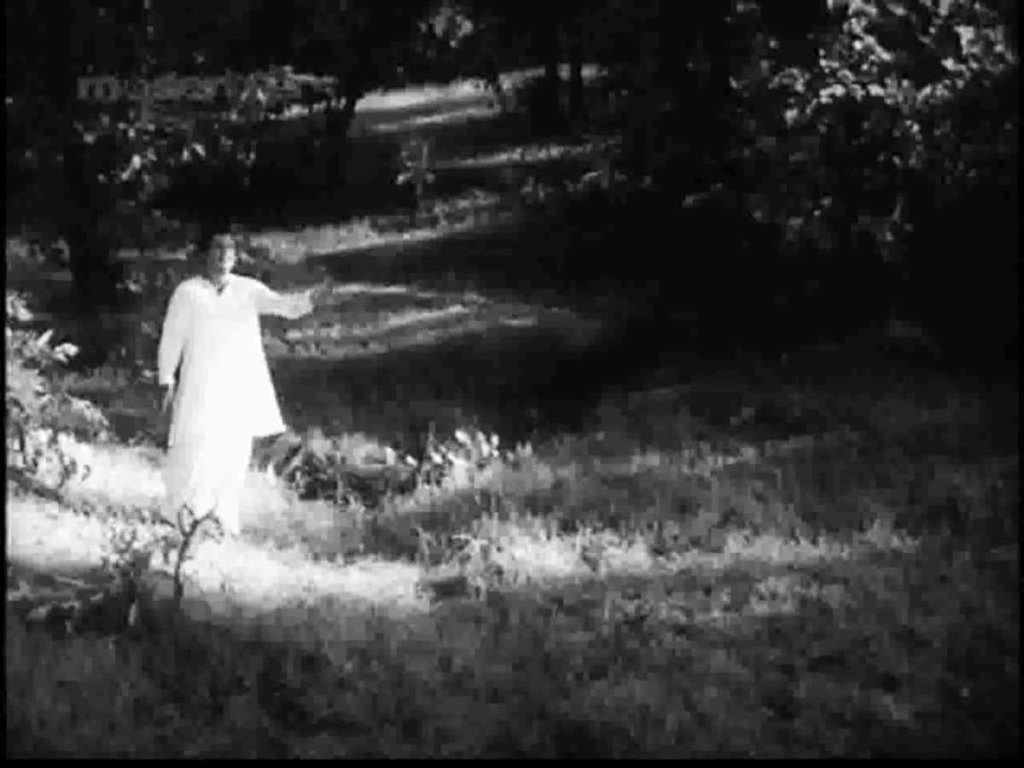
Table of Contents
Do Dooni Char was a film made in 1968. It was based on Shakespeare’s Comedy of Errors, a source that would be referenced by Hindi films on several occasions in the future. Speaking of mistaken identities and doubles, a film of the same name, but with a mildly different spelling, would also be made in 2010. The two were not connected in any way, except that an actress appeared in both these films, decades apart; Doubles everywhere. This 1968 film starred Kishore Kumar and while I’ve probably only seen pieces of it, the song Hawaon pe likh do hawaon ke naam has always been a favourite of mine.

Hawaon Pe Likh Do Hawaon Ke Naam – The Song
Hawaon pe likh do is a slow-paced song of a kind rarely seen these days. It isn’t about love or personal ambition, or anything remotely plot or character driven. Instead it is an ode to nature, and fittingly, the visuals are largely of Kishore Kumar walking around and enjoying various wooded scenes. These sort of almost nature documentary like songs were quite common in older Hindi films, and it’s interesting to note that Kishore Kumar himself sang and starred in several of them during his career. Perhaps it was a fond genre of his. I’m sure many factors were involved in their popularity, the ease of shooting them, and also the much more heavy influence of classical poetry on lyricists of the time. Hawaon pe likh do hawaon ke naam could very easily be equated to something like Wordsworth’s Daffodils and any number of naturalistic Hindi poems. It’s a nice change of pace if you’re more accustomed to modern cinema.
Kishore Kumar is at once very comfortable walking around the countryside surveying the tress and landscape, while pointing and singing, and also seems in typical fashion to be awkwardly enjoying himself and not caring about showing it to the camera. The song is quite simply shot, and strikingly so, making grate use of sunlight and shadows under the canopy of leaves. Cinematographer Dilip Gupta and director Debu Sen keep it simple and classy and do seem to have been inspired by nature documentaries in their shot selection. Also on screen is a little village girl who Kishore Kumar keeps coming across on his walk. That little girl was Neetu Singh, who would have a fruitful career as an adult actress and would go on to act in a movie of a similar name as a more mature woman. She does a good job at playing conscious and shy, but with lots of spirit. Some of her future spark can certainly be seen here.

As a song, this really does shine in all departments. Kishore Kumar‘s singing is silken and calm and almost makes you imagine sunny afternoons in some far off place, with its relaxed confidence. The music is also simple and stark, wonderfully composed by Hemant Kumar who would have done a great job singing this song himself, but you can see why he handed it to Kishore Kumar, who just makes it that little bit more sunlit. The simplicity of the music is well balanced by aural effects like the song of the koel, a common bird call in the wooded areas of India, and that adds an extra degree of surrealism to it. Worth special mention is the use of the sitar throughout the melody, almost acting like a second singer and leading the tune forward at every step.

Coming back to the poetic leanings of the song, the lyrics by Gulzar are not just naturalistic but also playful, which ties in perfectly with the child who shares the screen during the song. Nature is described here in a friendly way rather than in grandiose terms, and such verses shine as the kind unusual and beautiful song lyrics Gulzar is still known for:
Shaakh par jab dhoop aayi, haath chhoone ke liye,
Chhaon cham se neeche koodi, hans ke boli, aayiye,
Yahaan subah se khela karti hai shaam,
Hawaon pe likh do hawaon ke naam.
When sunlight landed on a branch, her hand to touch,
The shade leapt down and welcomed him, with laughter much,
Here the morning plays with twilight, hand in hand,
On these breezes, write the names of the breezes grand.
Hawaon pe likh do hawaon ke naam is a simple but rich song, describing the plain magic of nature. All the elements of the song try to blend into that natural rhythm and understated strength, rather than trying to compete, and thus they ring out clearer and louder for their relative silence.
Hawaon Pe Likh Do Hawaon Ke Naam Song Video
Hawaon Pe Likh Do Hawaon Ke Naam Cast and Artists
| Movie name | Do Dooni Char (1968) |
|---|---|
| Actress | Neetu Singh |
| Actor | Kishore Kumar |
| Singer | Kishore Kumar |
| Music Composer | Hemant Kumar |
| Lyricist | Gulzar |
| Film Director | Debu Sen |
| Cinematographer | Dilip Gupta |